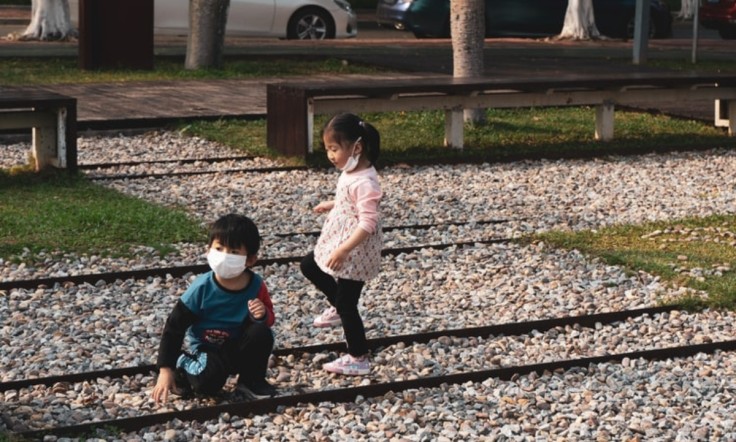
At birth, the immune system is still maturing. A child's interactions with the world-microbes, bacteria, viruses, fungi, and parasites are vital to development. The infant's newborn system needs to be educated to function properly to determine which foreign bodies are dangerous, which are not, and how to respond to each of them.
The Human Immune System Learns to Categorize Microbes
Microbiologist Sally F. Bloomfield likened the newborn immune system to a computer with limited data hardware and software. During the first years of life, additional data needs to be acquired. With the immune system, this equates to the need for contact with micro-organisms from the natural environment and other humans, The Conversation noted.
But with the COVID-19 lockdown, guidelines like social distancing are in place, and people are told to stay home under quarantine. Children are less exposed to their friends, much more to other people. They are kept indoors and have little exposure to the outdoors or outdoor activities, especially in nature. Yet, these interactions early in life are what is essential for the immune system to be educated in differentiating between safe and dangerous microbes.
Keep in mind that under normal circumstances, there are microorganisms that cohabitate on our bodies-both internally and externally. The cohabitation of such micro-organisms is meant to promote healthy immune systems. Without sufficient exposure to more microbes, the developing immune system of infants, toddlers, and young children can be compromised. Such a struggle to properly regulate the immune system promotes asthma, allergies, and autoimmune diseases.
ALSO READ : Asthma Lockdown Cases Decrease, Here's Why
Strategies Needed to Strengthen Immunity of Lockdown Kids
Microbiology researchers stressed the importance of focusing preventive efforts in early life. To help reduce the risk of developing autoimmune diseases, it is essential to spend less time indoors and increase outdoor activities, sports, and social exposure. When kids are with other kids, the microbes are shared among them, which could be beneficial for their developing immunity.
Take note that the human immune system is not fully mature until the child is 6 years old. Even some components of the immune system continue to develop well into adolescence. With that in mind, only adults' immune systems have the ability to self-regulate. Meanwhile, the pandemic leaves children with more immature immune systems to become prone to becoming dysregulated during the pandemic lockdown.
Jonathan Hourihane, a pediatrics professor at RCSI University of Medicine and Health Sciences, conducted a study on infants born during the lockdown. He noted that a baby's immune system needs to learn to fight infections and respond to immunizations. Getting dirty, playing on the floor, and being exposed to different environments and peoples can result in a healthy gut bacteria population and thus a stronger immune system, Nursery World UK reported.
The Price of Fewer Infections
While there are fewer infections, rates of children developing autoimmune diseases have increased substantially in developed countries where children grow up around bleach and disinfectant wipes, NY Times reported. In kids who are still developing immunity, there is a debate among scientists whether cleanliness and isolation are good for them.
In fact, there are fewer serious infections when caught earlier, such as Epstein-Barr virus (E.B.V.) and Cytomegalovirus (C.M.V.)-infections caused by the Herpes virus. Toddlers show few serious symptoms when they catch these viruses, but when older kids catch them, it can lead to ruptured spleens and infectious mononucleosis. Chickenpox, mumps, and measles also tend to be more serious when it is caught later on.